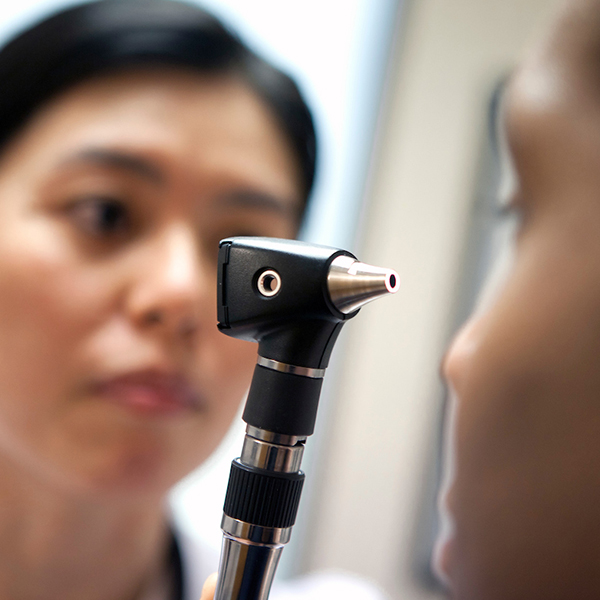Pneumonia
Overview and Facts about Pneumonia
Pneumonia is an infection that occurs in the air sacs of the lungs. It can occur in one lung or both. The inflection causes the air sacs to fill with fluid or pus, which results in difficulty breathing.
While many cases of pneumonia are mild, they can become serious and even life-threatening. Pneumonia is most dangerous for infants and young children, adults 65 and older and those with weakened immune systems.
Signs and Symptoms of Pneumonia
Symptoms of pneumonia can range from mild to severe and include:
- Chest pain with breathing or coughing
- Chills
- Confusion, especially in those older than 65
- Coughing
- Diarrhea
- Fatigue
- Fever
- Lower than normal body temperature
- Nausea or vomiting
- Shortness of breath
- Sweating
In infants, pneumonia may not manifest in the common visible symptoms. Instead, infants may appear restless, tired, or without energy. They may struggle to breathe and may not want to eat.
Causes and Risk Factors of Pneumonia
Pneumonia can be caused from bacteria, viruses, or other germs. The most common form of the condition is the result of bacteria and often develops after a cold or flu.
Other types of pneumonia include:
- Fungal pneumonia, which is likely to occur in those with chronic health conditions or a weakened immune system
- Viral pneumonia, which is most common in children under five
- Walking pneumonia, which is caused by bacteria-like organisms and often tends to be mild
Pneumonia can also result from aspiration, which is when food, drinks or vomit unintentionally enters the lungs.
Some cases of pneumonia are acquired during hospital stays and can be more resistant to treatment. These cases are often found in intensive care units or long-term facilities in patients who are on breathing machines.
Risk factors of developing pneumonia include:
- Being two or younger
- Being 65 or older
- Being hospitalized
- Having a chronic disease
- Having a suppressed or weakened immune system
- Smoking
Tests and Diagnosis of Pneumonia
Pneumonia is often diagnosed by a primary care physician after he or she performs a physical exam, discuss the patient’s medical history, and listen to the lungs with a stethoscope.
To confirm the diagnosis, the doctor may order the following:
- Blood tests
- Chest X-rays
- CT scan
- Sputum test
- Pleural fluid culture
- Pulse oximetry
Treatment and Care of Pneumonia
To treat pneumonia, doctors work to cure the infection and prevent complications. Mild to moderate cases can be treated at home with antibiotics, cough medication, and over-the-counter pain relievers.
Although antibiotics can eliminate the infection, the effects of pneumonia, such as tiredness and weakness, can last a month or more.
In more severe cases, or with those who have a higher risk, hospitalization may be necessary, especially for those patients who:
- Are two or younger
- Are 65 or older
- Are children who become lethargic
- Become dehydrated
- Experience a decrease in kidney function
- Experience confusion
- Have a low heart rate
- Have rapid breathing
- Need breathing assistance
- Struggle to maintain their blood pressure

Request an Appointment
Our primary care physicians care for the overall health of the whole family, providing checkups and routine medical exams. We’ve made it easy to see a Loyola Medicine primary care provider with a variety of appointment options.
Immediate Care Virtual Visits now available!
Schedule a Telehealth Appointment
